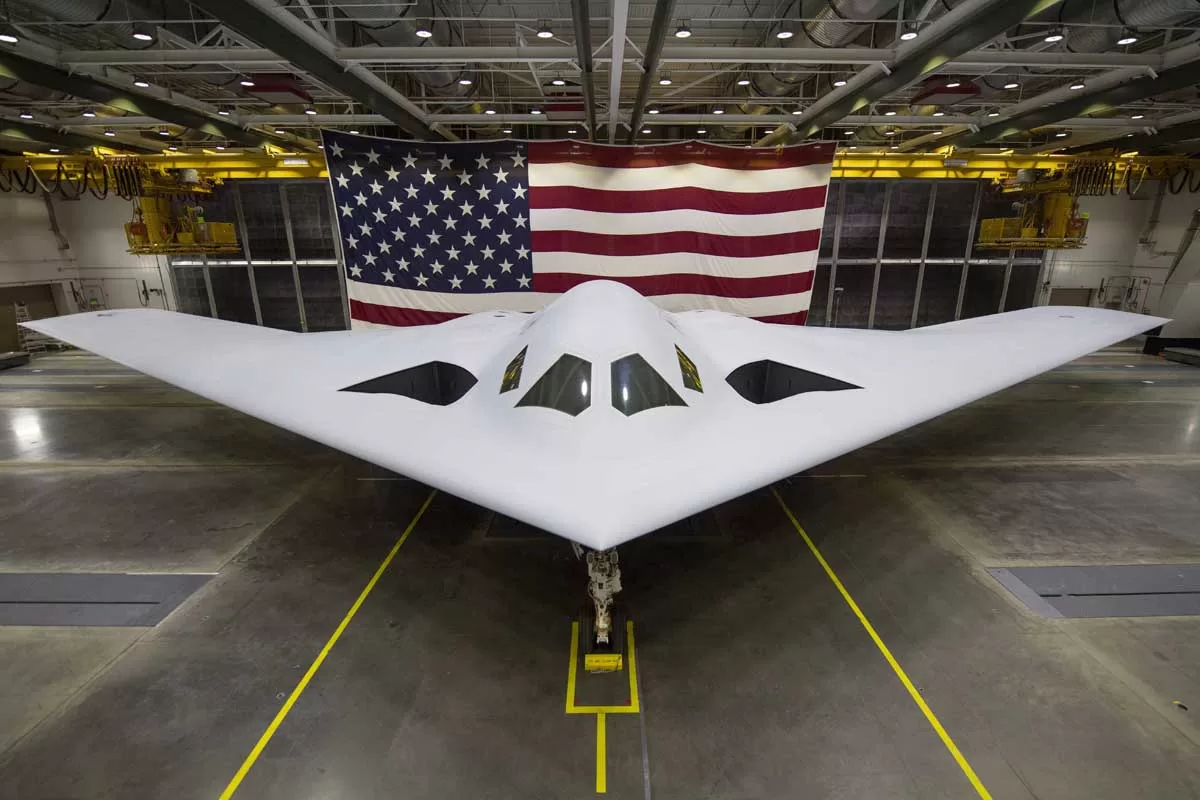“We have passed on some high-profile programs,” Northrop Grumman Chief Executive Kathy Warden said on an investor call last week. The company’s shares fell more than 8% after it reported the charge on the B-21, wiping $4.5 billion from its market value.
The company said in the summer that it wouldn’t bid on an Air Force program to develop high-end jet fighters that will replace the radar-evading F-22.
Executives said the balance between risk and reward from some deals has swung too far toward the Pentagon, pushing them to avoid projects that could fuel growth.
Boeing racked up more than $10 billion in losses because of missteps in building new refueling tankers, space taxis and jumbo jets that will carry the president on Air Force One. Boeing has since sworn off entering new fixed-price development deals with the Pentagon. The company is scheduled to issue its quarterly earnings report Wednesday.
Falling profit margins have been one of the biggest concerns among defense investors, despite companies’ soaring sales. The sector has shed much of the stock-price gains that followed Russia’s invasion of Ukraine nearly two years ago, with the biggest U.S. companies down an average of 10% in 2023, underperforming the S&P 500. The sector is flat this year.
“In an environment of low inflation, people did step to the line and made bids because they were big, important programs,” said TD Cowen defense-industry analyst Cai von Rumohr. “Most everybody is getting religion now, but you don’t know how many companies have contracts in the closet that might have some risk to them.”
The defense budget for fiscal year 2023, which ended Sept. 30, included a pot of more than $1 billion to compensate contractors for inflation, but little has been paid out.
The biggest risk for the Pentagon is that it receives no bids for some programs, or only from a company that can’t fully meet project specifications, said military experts.
The Defense Department already faces a shrinking band of prime contractors, responsible for building ships, aircraft and munitions, with only two or three typically pursuing deals. It was often double that 30 years ago.
Northrop Grumman warned last year that it faced a potential loss in producing the first B-21 bombers. The plane was unveiled in December 2022 at a rare but flashy ceremony at the company’s plant in Palmdale, Calif., north of Los Angeles, a place that is home to some of the Pentagon’s most secretive projects.
A test plane flew for the first time in November 2023. The Air Force wants to buy at least 100 aircraft, originally priced at around $750 million each, though the first planes off the production line tend to cost more. The actual cost of the planes now being built by Northrop Grumman hasn’t been disclosed.
The company said it recorded an accounting charge when the Pentagon declined to cover higher costs resulting from the project.
